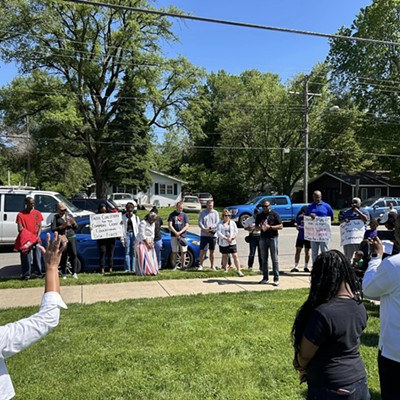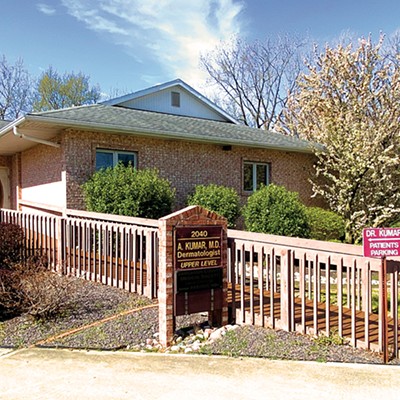While researching my recent column on the State of Illinois’ historical library (see “An overdue policy on the library”) I made (or rather renewed) my acquaintance with John Francis Snyder. As recalled by Roger D. Bridges, the struggle in the 1890s and into the early 1900s to set up and run that library was dominated by antagonism between two factions – lay and academic historians – that were embodied in two men. One was Evarts B. Greene, a young professor of history at the University of Illinois. The other was Snyder. A Virginian (that is to say, from the Cass County seat), Snyder was one of those impossible-to-imagine men that grew so luxuriantly in the mid-Illinois of the latter 1800s—gold prospector, legislator, Confederate soldier, physician and amateur archaeologist and historian.
Among Snyder’s
solutions to the library dispute was to unite the State Library, the Historical Library, the quasi-official
Illinois State Historical Society and an archaeological museum under a new
State of Illinois department of history. (The Illinois State Museum was then
largely devoted to geology.) Snyder’s plan called for the Historical Library to be directed by a
three-member board of trustees appointed by the governor and the Society by its
own board of directors, with overall supervision of the department provided by
a committee of Library trustees and appointees of the Historical Society.
Yeah, that would
have worked.
As it happened, of
course, the man who really shaped the course of officially sanctioned history
in Illinois was neither Greene nor Snyder but Abraham Lincoln. The long shadow
of his story obscured that of the rest of the state, as I complained in “Squabbling
over the inheritance.” By 1916,
Snyder was so disgusted with the
Historical Society that he asked to have his membership terminated: "After
seventeen years of faithful effort I despair of the organization ever being anything
more than a mere appendage to a Library with no higher mission than the worship
of Lincoln."


















